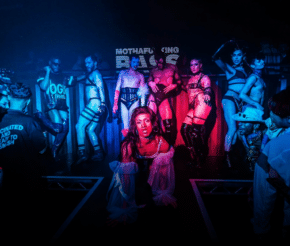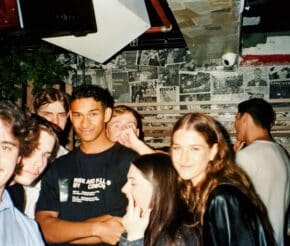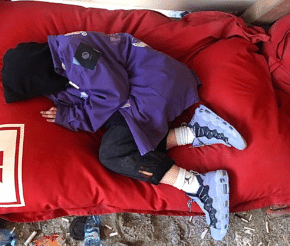- Advertise
-
Subscribe
Logging into an Underground Sound
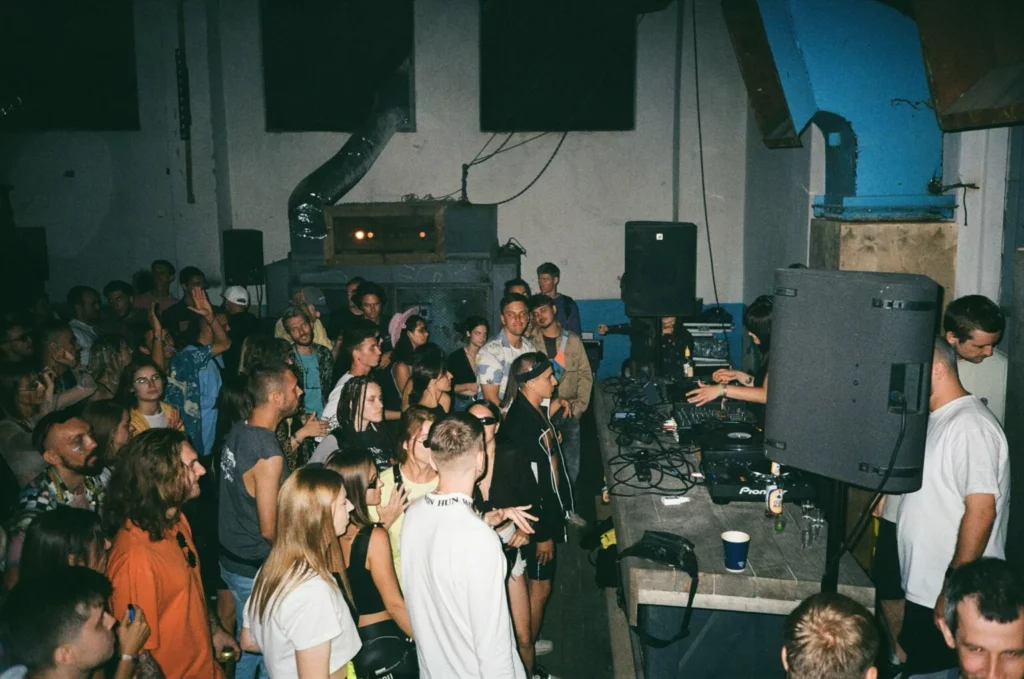
Ah, the 1990’s. What a time for UK raves.
Police were scrabbling to confiscate sound systems while BBC News was churning out report after report about illegal free parties cropping up all over the British countryside.
But nothing could stop them.
The disenfranchised and disillusioned youth gathered in fields and warehouses in their thousands to party till dawn as a means of giving the British establishment the middle finger.
As one rave DJ recalls in an interview with Red Bull:
“It’s a different kind of paganism. What we do is not legal, far from it. It’s illegal, but in the spirit of doing what the fuck you want, as long as you leave the place how you find it I don’t see an issue with anything we do.”
Sadly, the UK government did.
Section 63 of the 1994 Criminal Justice and Public Order Act was designed to strike a blow to the heart of the rave scene. It banned live music involving “successive repetitive beats” in public spaces and accompanied its hard-line stance with stricter punishments for so-called “anti-social behaviours”.
And so rave culture died…
Not.
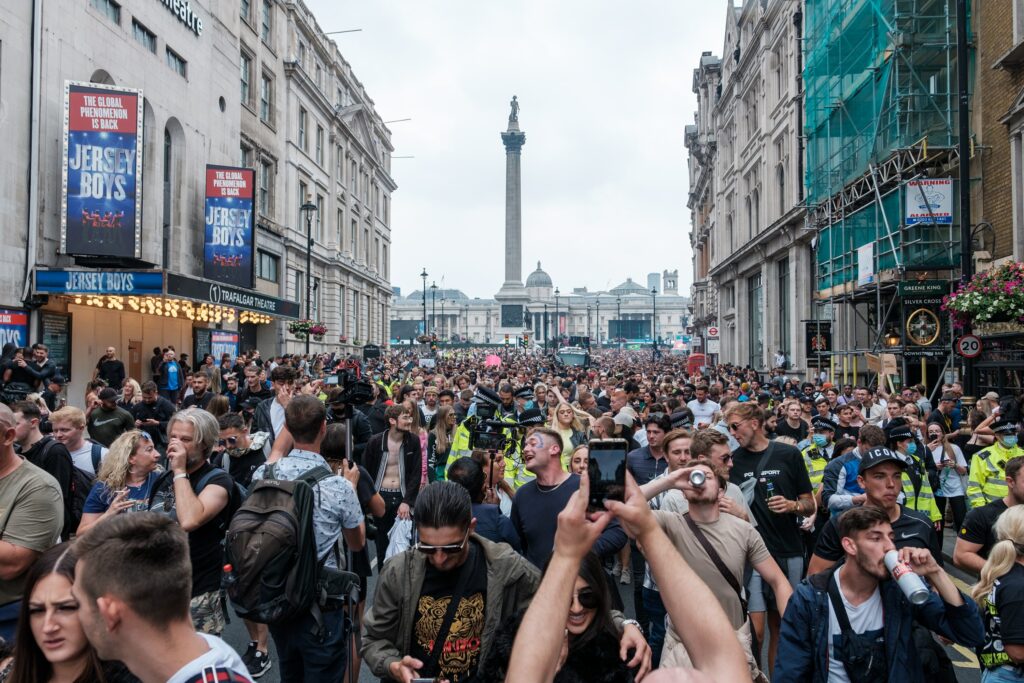
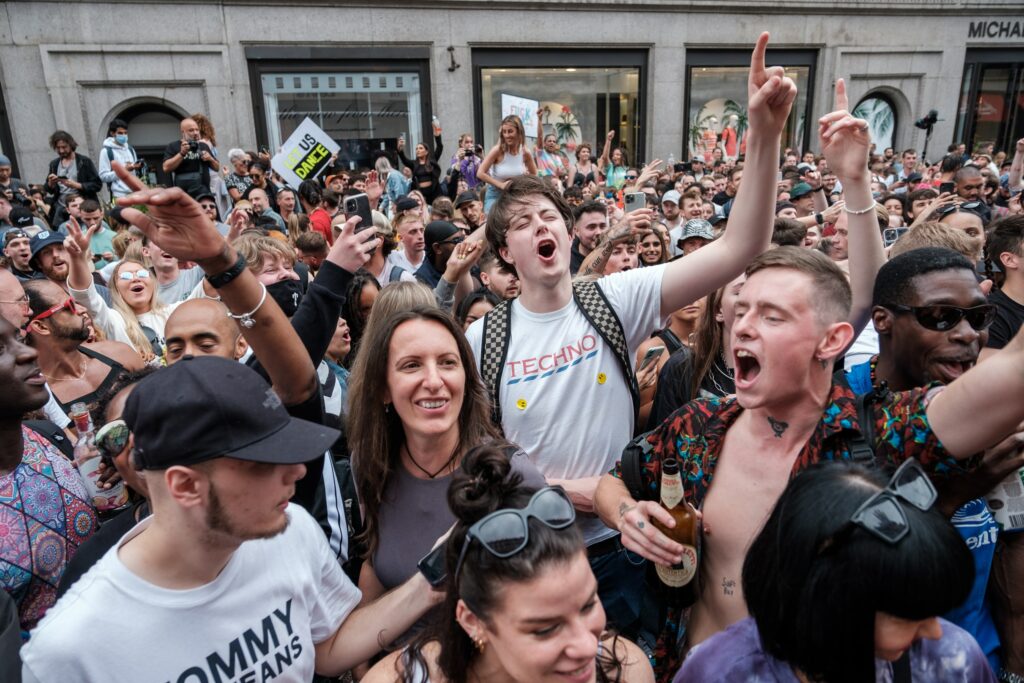
The UK rave culture took a blow, but it didn’t go down that easily
The UK rave scene is still very much alive and well. It was never going to go down that easily.
In the wake of the 1994 ban, ravers took to the streets to protest the bill in crowds ranging up to 50,000 people.
Fast forward to today, and you only have to look at what happened during the COVID-19 pandemic to see that the countercultural spirit of raves continues.
200 UK ravers gathered in a nature reserve in Leeds in the midst of restrictions – and they weren’t the only ones doing it. The capital also saw a spate of illegal gatherings that breached Public Order and COVID-19 laws alike, along with other major cities across the country.
They weren’t popular among the general public, as Twitter users complained:
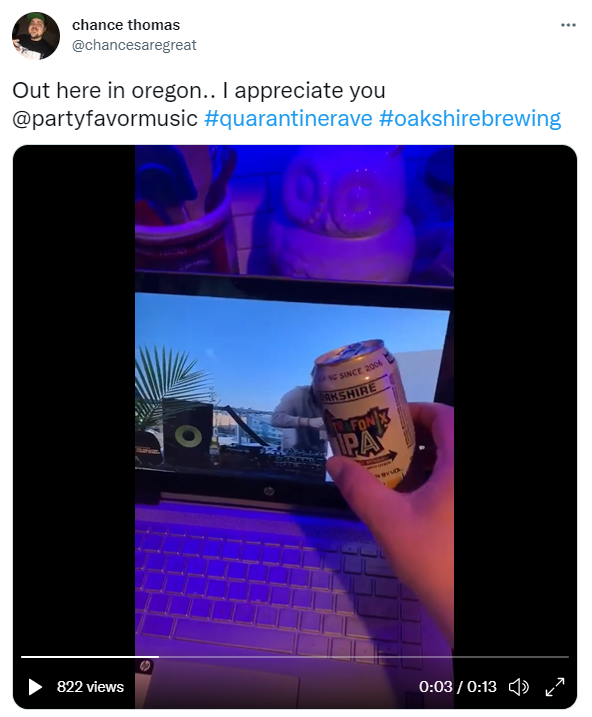
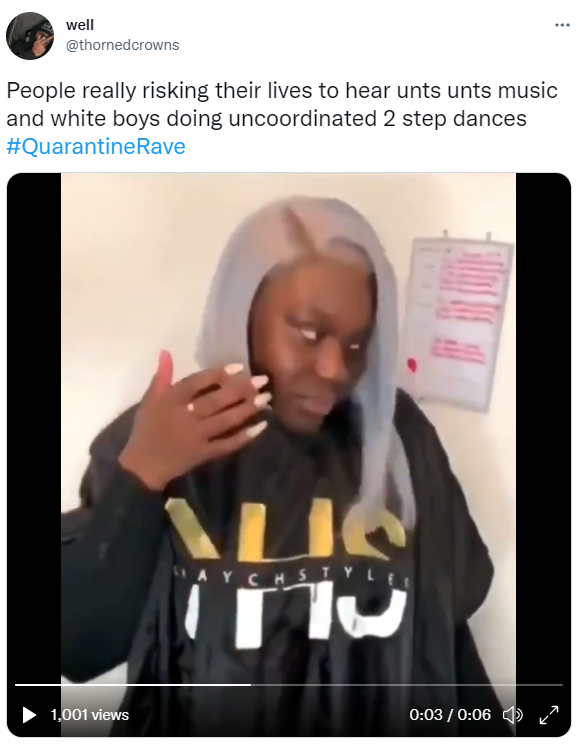
But like it or not, Gen Z has taken up the raving mantle
Before the social media age, UK ravers wanting to get info on the nearest free party had to get their intel from friends of friends or cryptic coordinates tacked up in telephone boxes.
But Gen Z has upped the game to get past restrictions. So UK raves are undergoing a renaissance.
Nowadays, if you want to find out about events in your local area, there’s a whole array of online tools to help you do it – from forums like RaveTalk to Twitter pages like GASHCollective, that post about free parties in the Manchester region (though their website is currently undergoing a refurb).
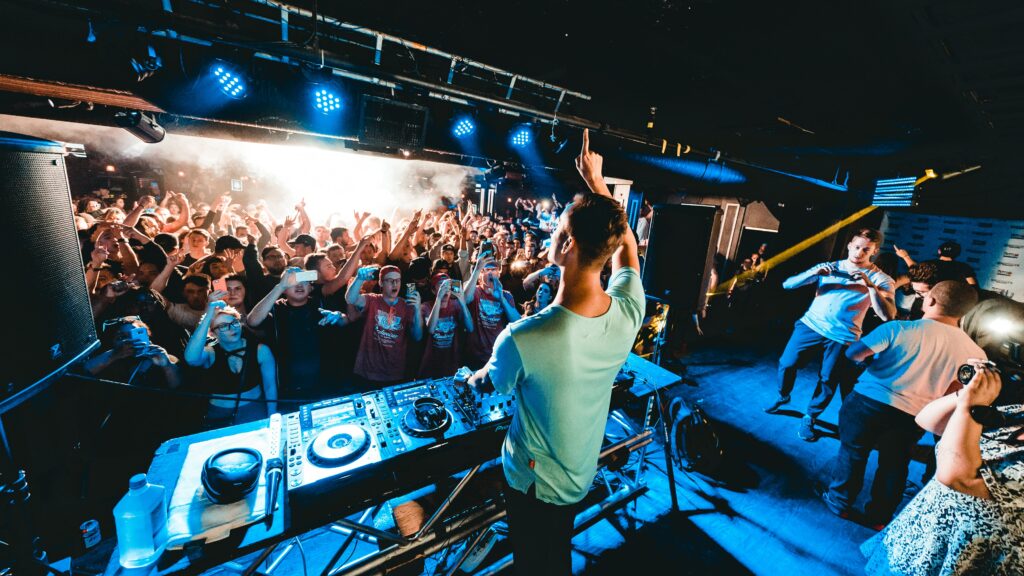
It’s nothing if not innovative. And that’s not even the unique part.
Some UK rave collectives have even developed apps to circulate info about their events as and when they’re happening.
Burner phones have been replaced by self-designed apps in the new era of rave technology
Illegal UK raves boasting 1,000+ attendees have been arranged via this method – one collective who goes by the alias ‘SGL’ managed to pack out a 10-storey office block in Shoreditch using an app they designed themselves.
As they revealed in an interview with MixMag, on the day of the event organisers upload the time and location of the rave to the app.
This isn’t a million miles away from the more common “infoline” method used by most other collectives – where ravers call a number at a specific time to access a pre-recorded message giving them the postcode of the event.
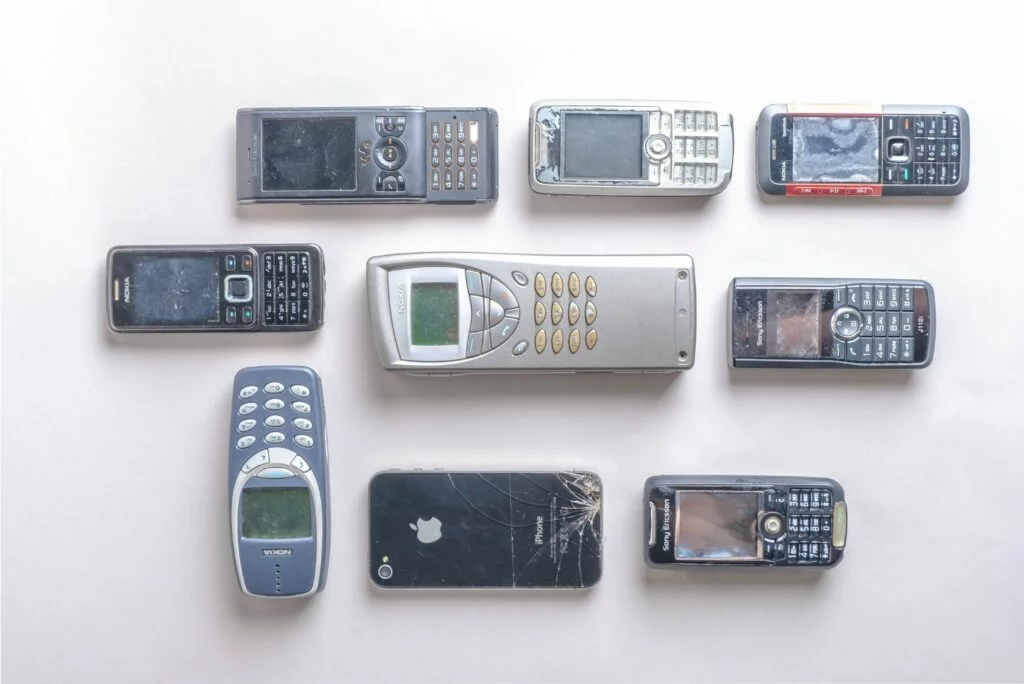
The main benefit of the app method is increased security. UK ravers have to verify their identity by sending a photo of themselves along with a screenshot of a certain social media chatroom to the team’s Instagram account.
It’s not hack-proof though, as rave crews are well aware. Some are reportedly taking security a step further by implementing geotagging technology that tracks the locations of their users. It might sound stalkerish, but it is a procedure that ensures the organizers that no one is accessing the app from anywhere suspicious (like a police station).
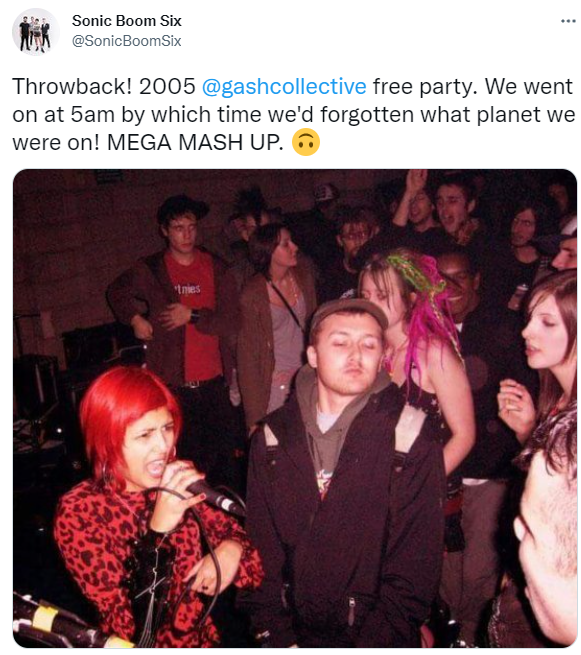
It’s uncertain whether this step will catch on among most collectives. Some have raised concerns about the possibility of personal data being leaked to police, putting hundreds of partygoers at risk of fines – or worse.
Frequent rave-goers follow a high-risk, high-reward philosophy
Good old word of mouth hasn’t died out completely. As one Reddit user described in a UK rave thread:
“It’s all about networking – hang around the type of music you like, get to know the movers and shakers and local artists, and let them get to know you. It’s called “underground” for a reason – it’s supposed to be a bit more difficult to find. That’s what makes it so much fun.”
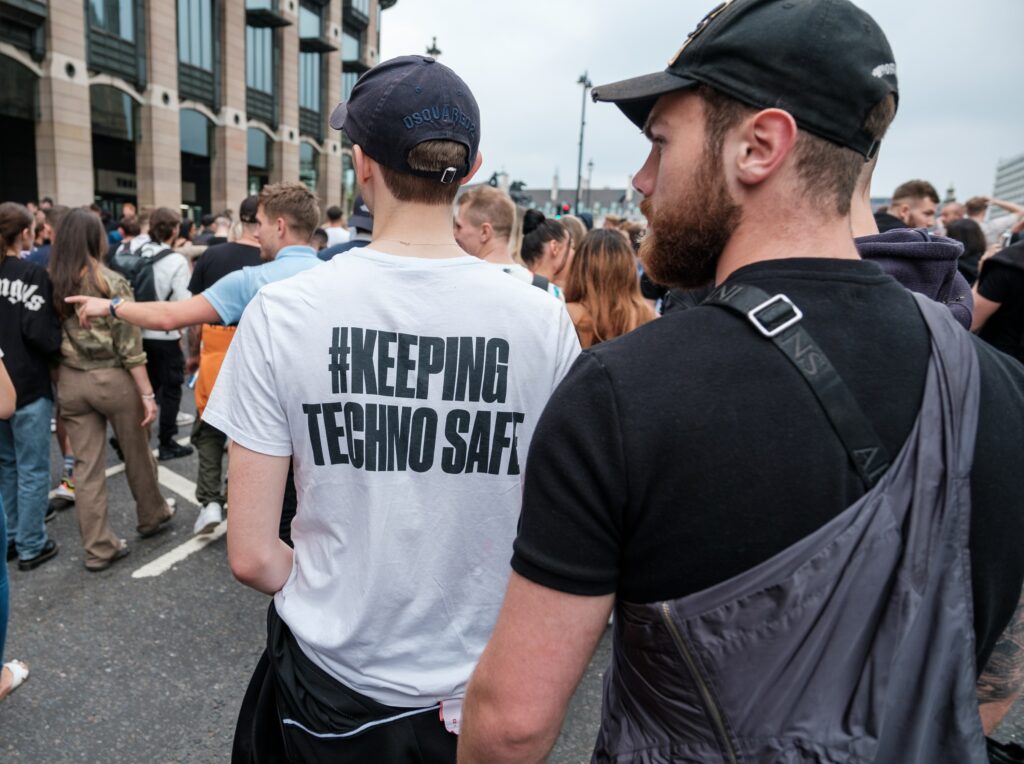
If you’re looking for the next big UK rave you but aren’t the social butterfly type, checking out the Snapchat Maps page in your area to see if there are any hotspots spammed with crazy videos is a good idea. Typing in ‘rave’ along with your location on Facebook, Twitter, or Instagram might get you a few hits.
Not that we’re encouraging you to dive into the illegal party scene, of course.
UK raves are a cultural staple, but that doesn’t make them any more legal. It emerged underground for a reason – a £10,000 fine for organising an illegal free party isn’t exactly a small price to pay.
Frequent rave-goers follow a high-risk, high-reward philosophy. If that’s not your bag, maybe just stick to buying more legit tickets on ResidentAdvisor.
It’s not the real deal, but it’s probably the next best thing.

